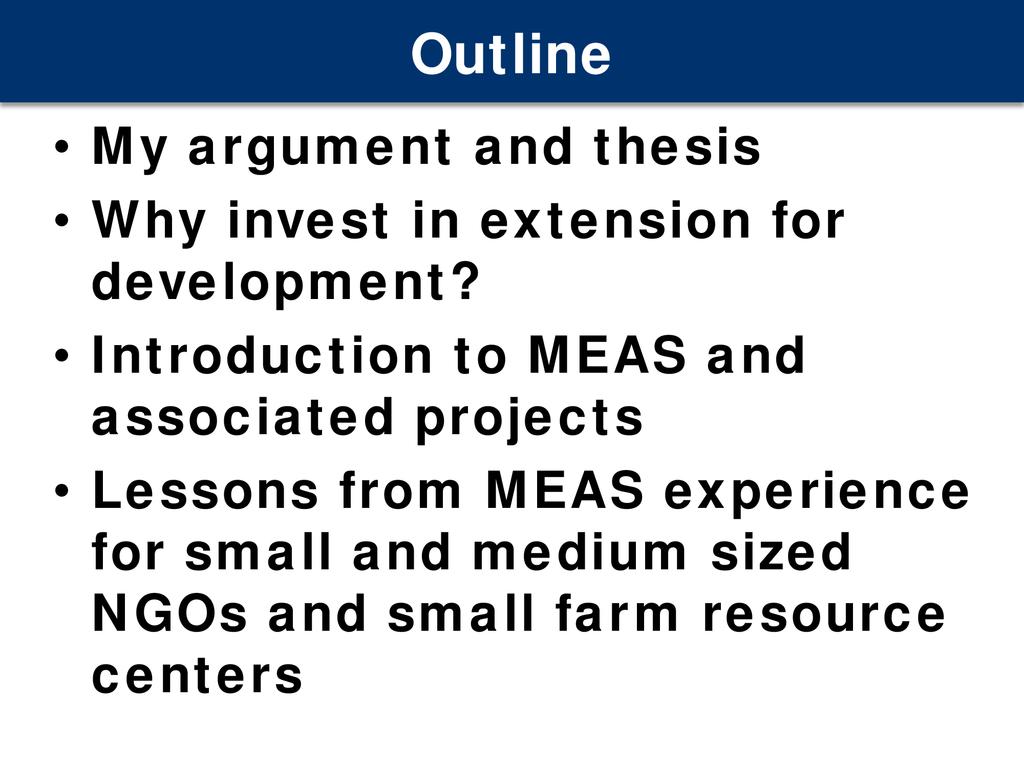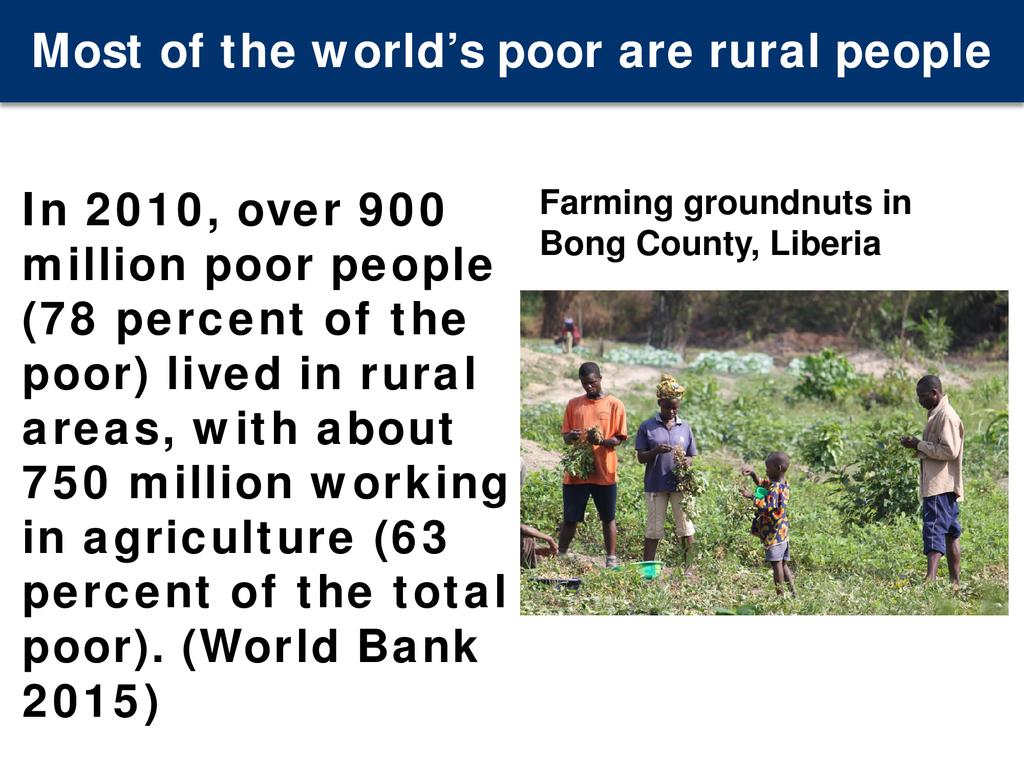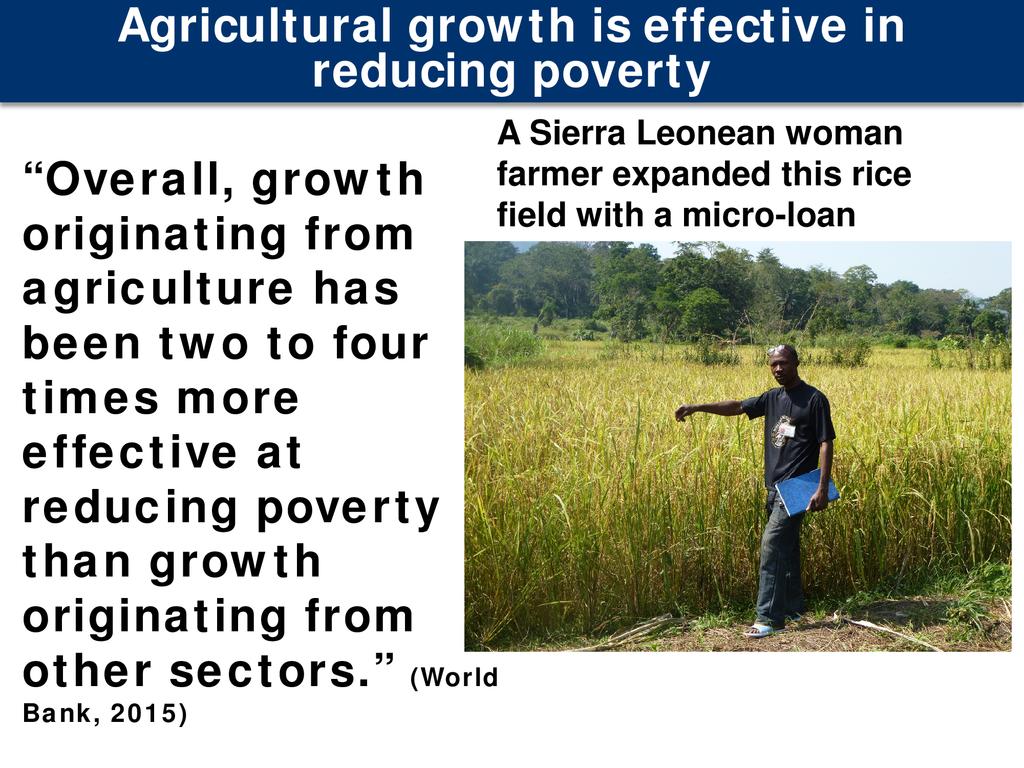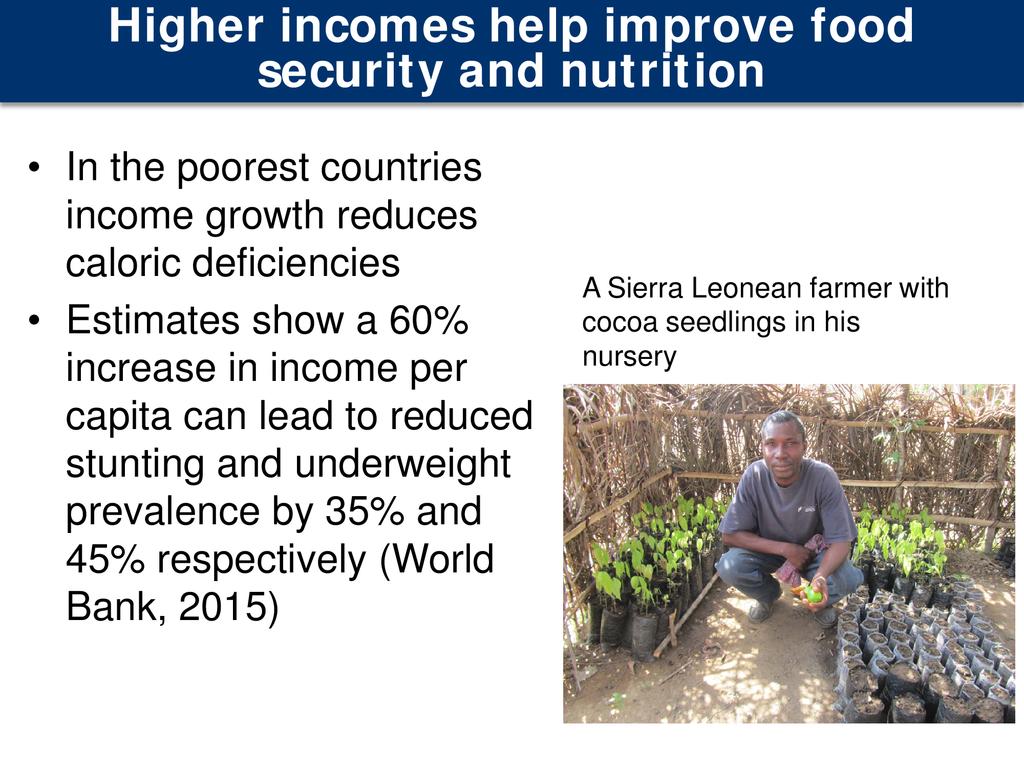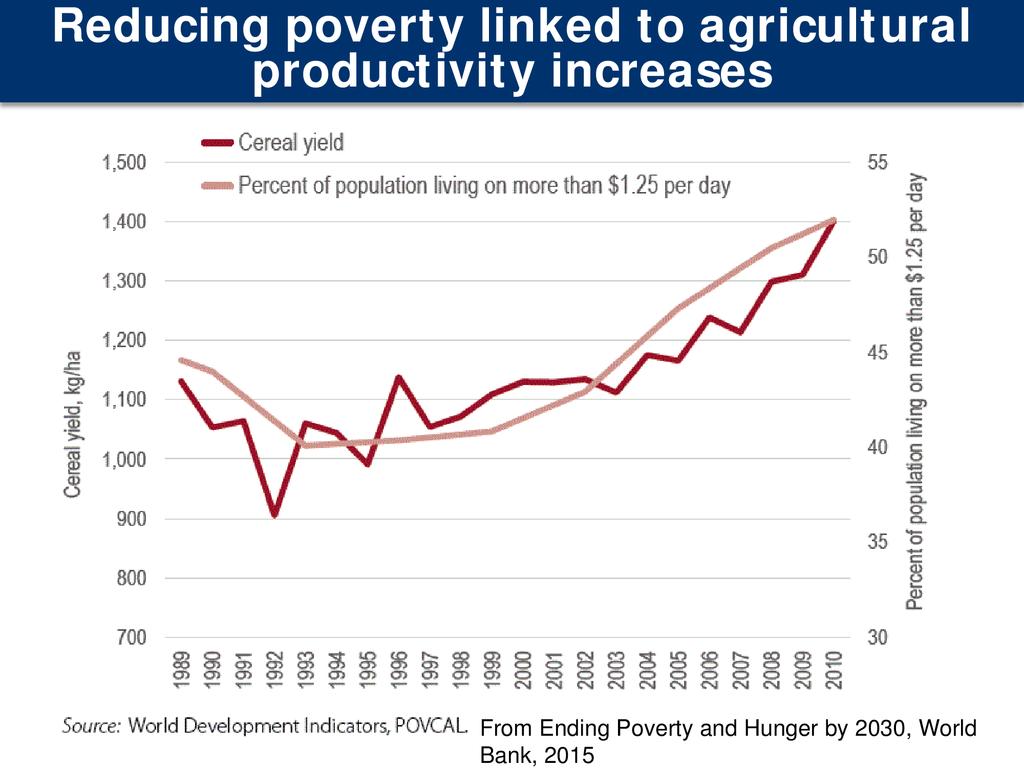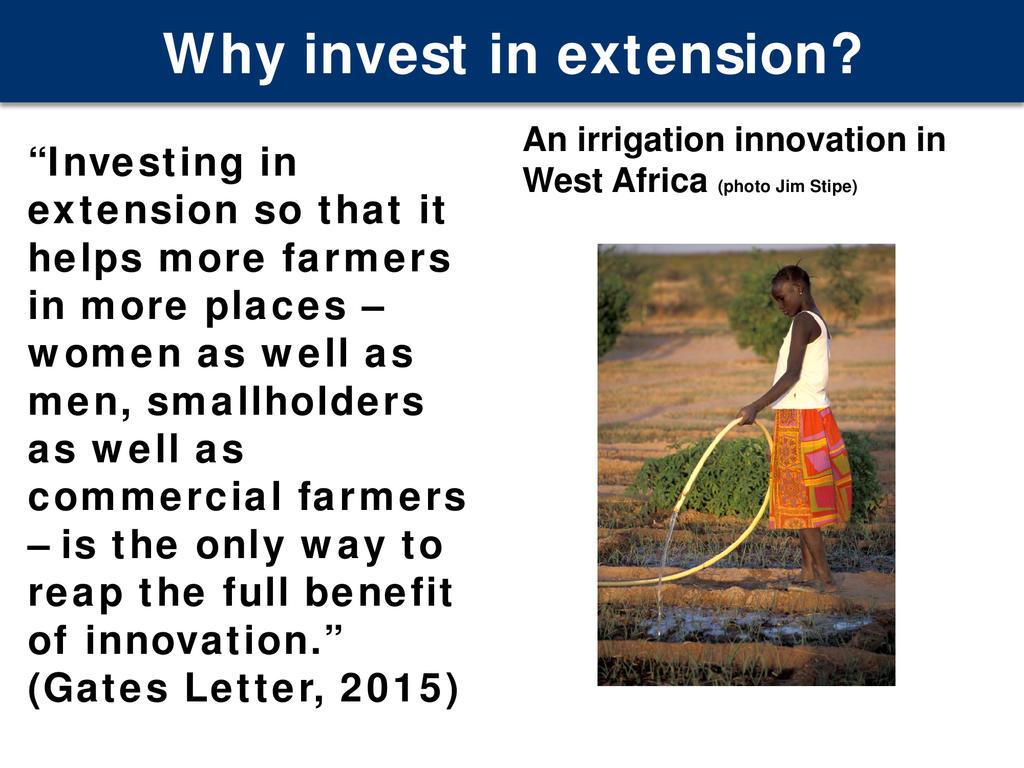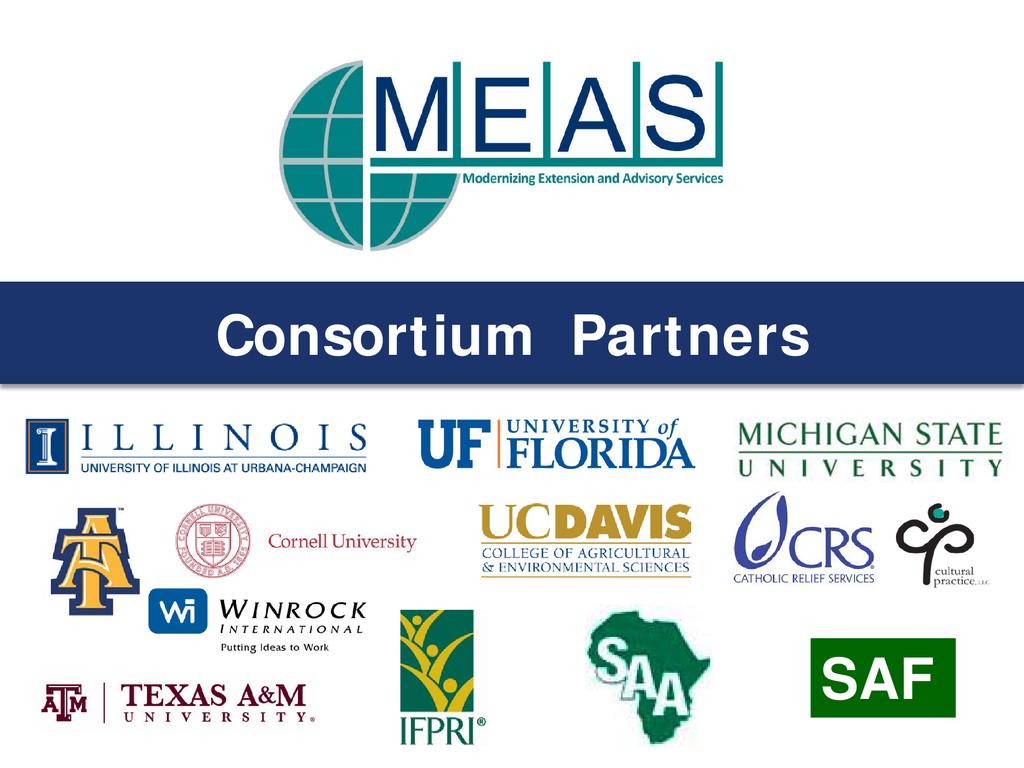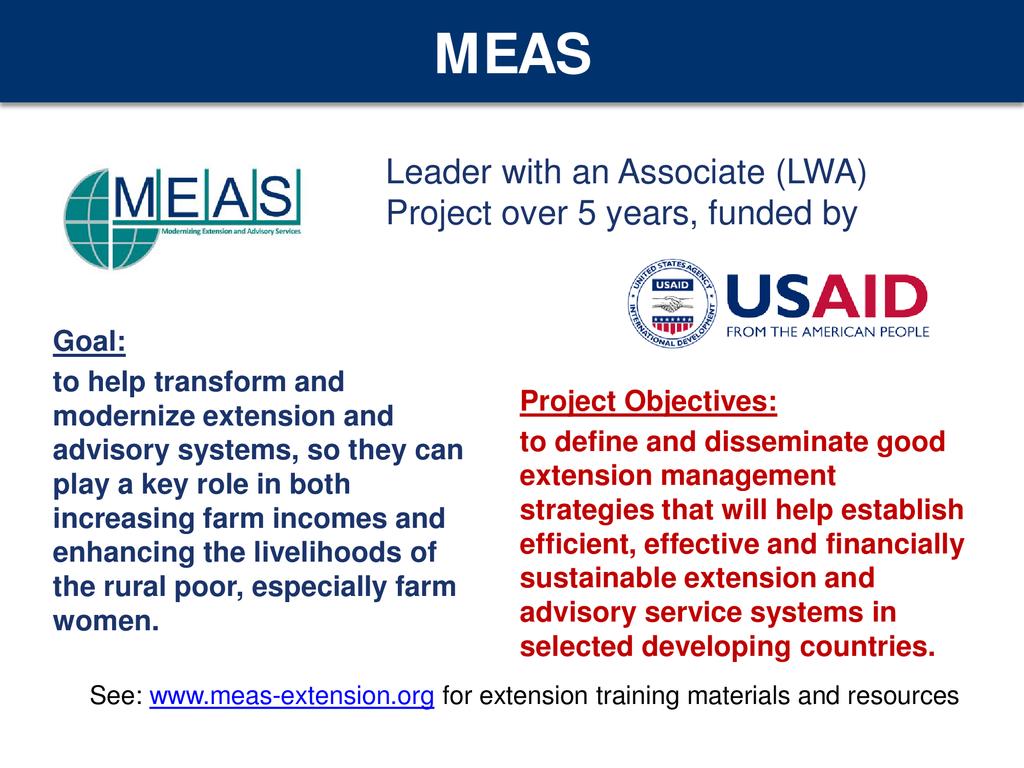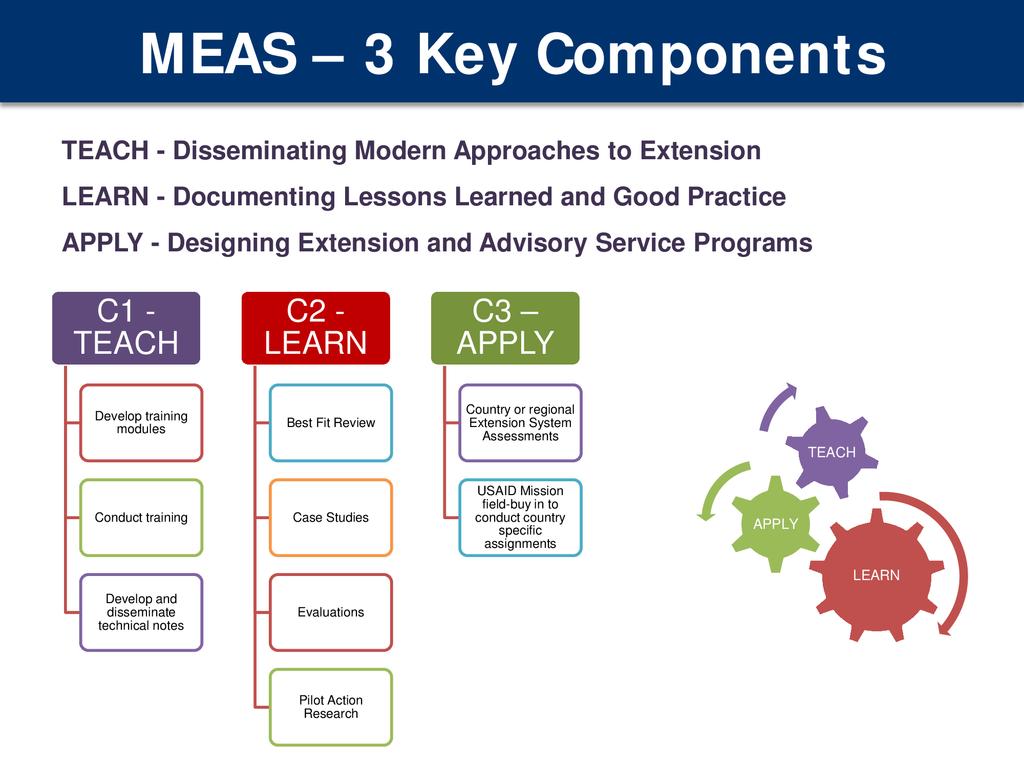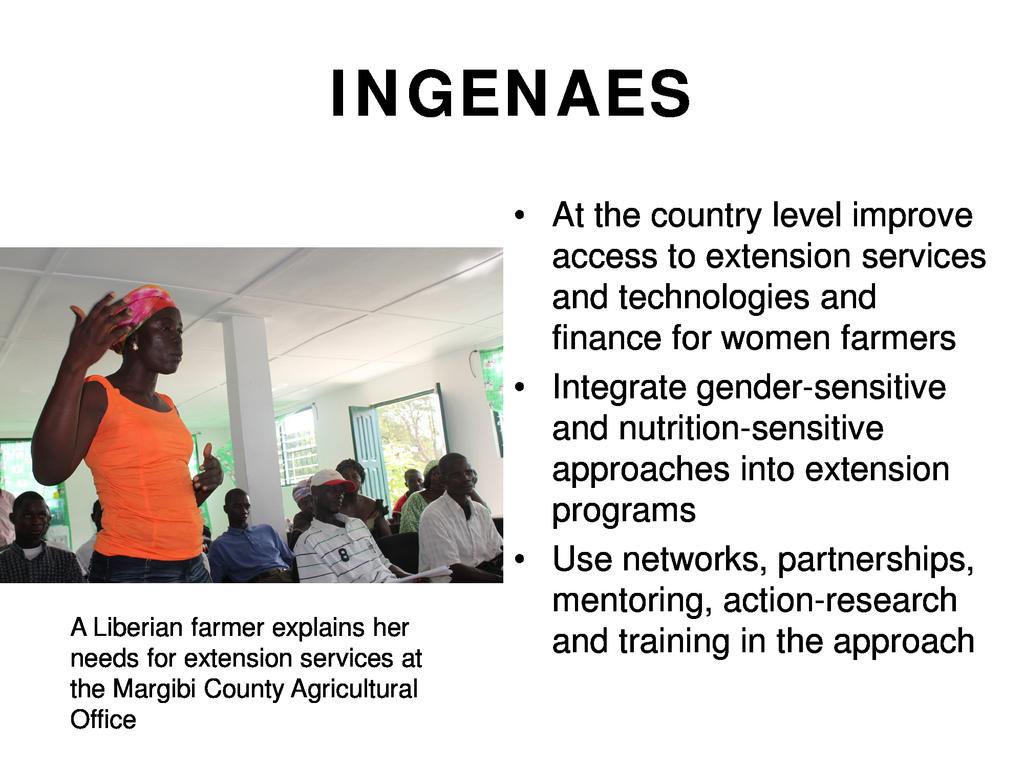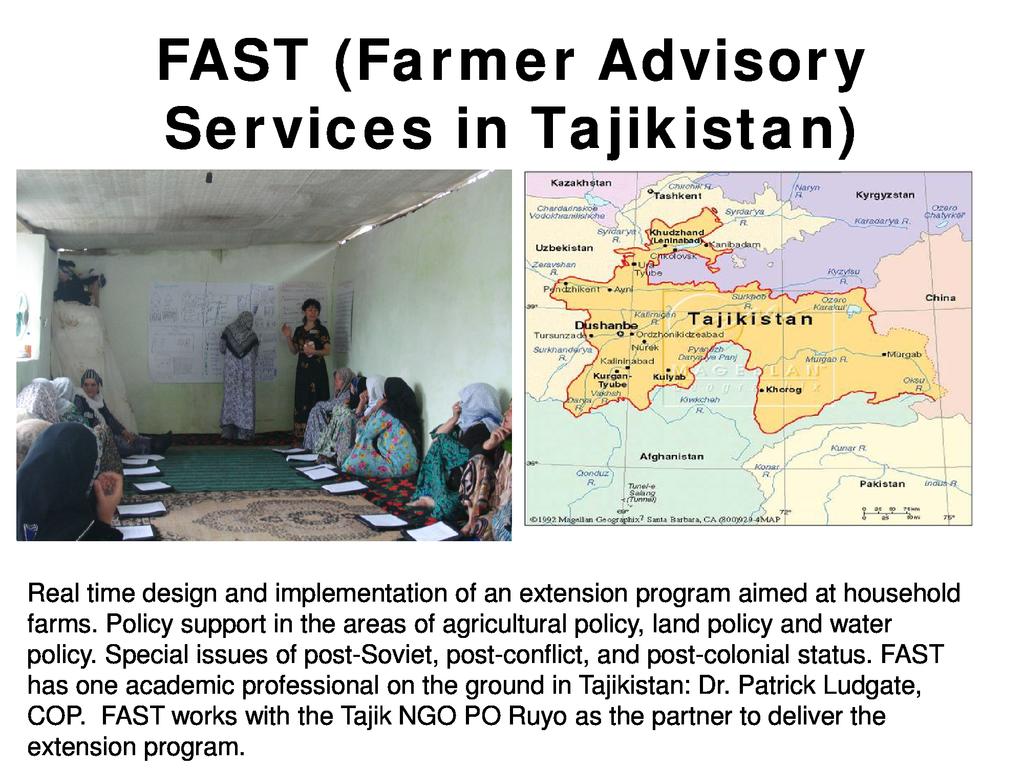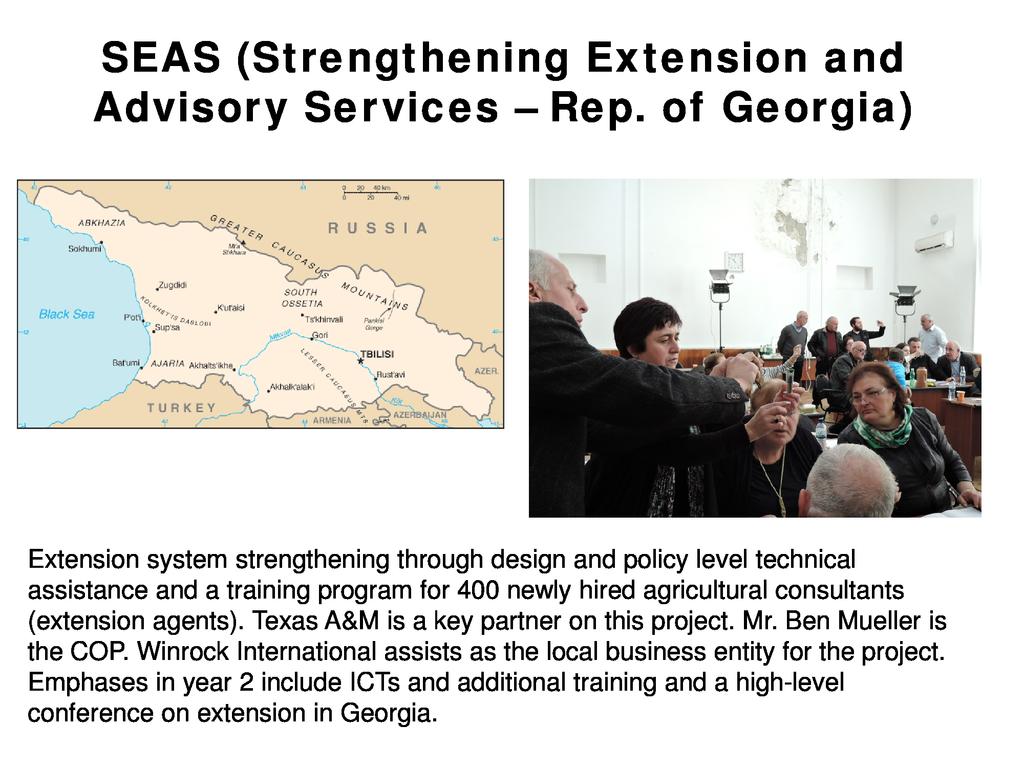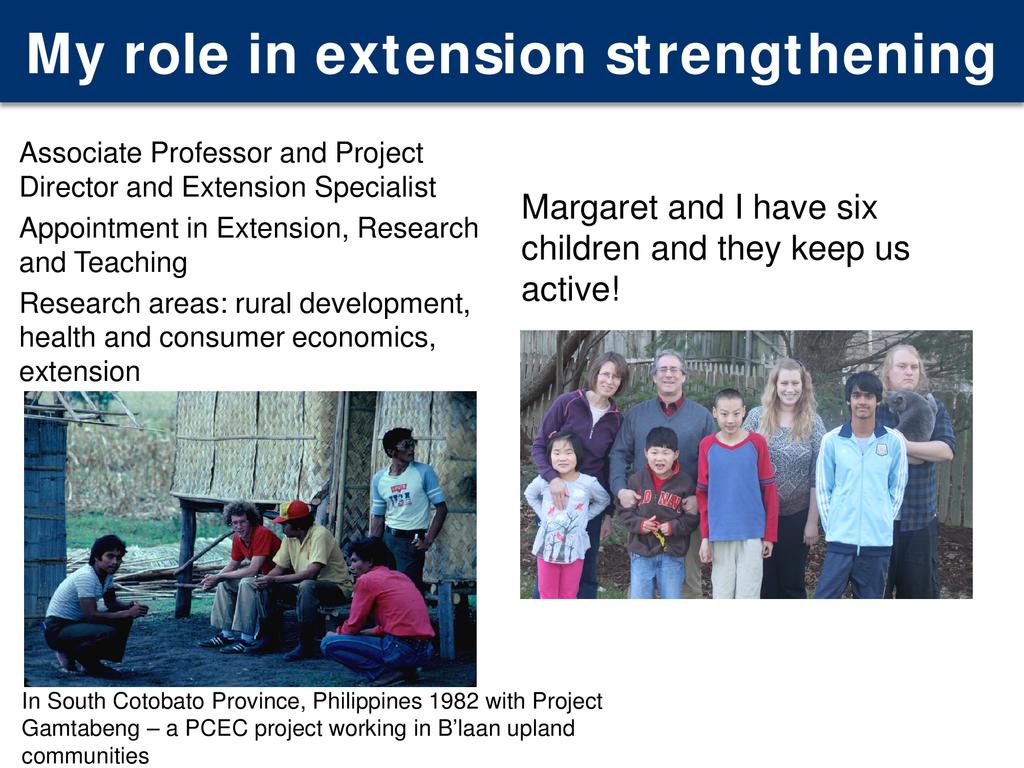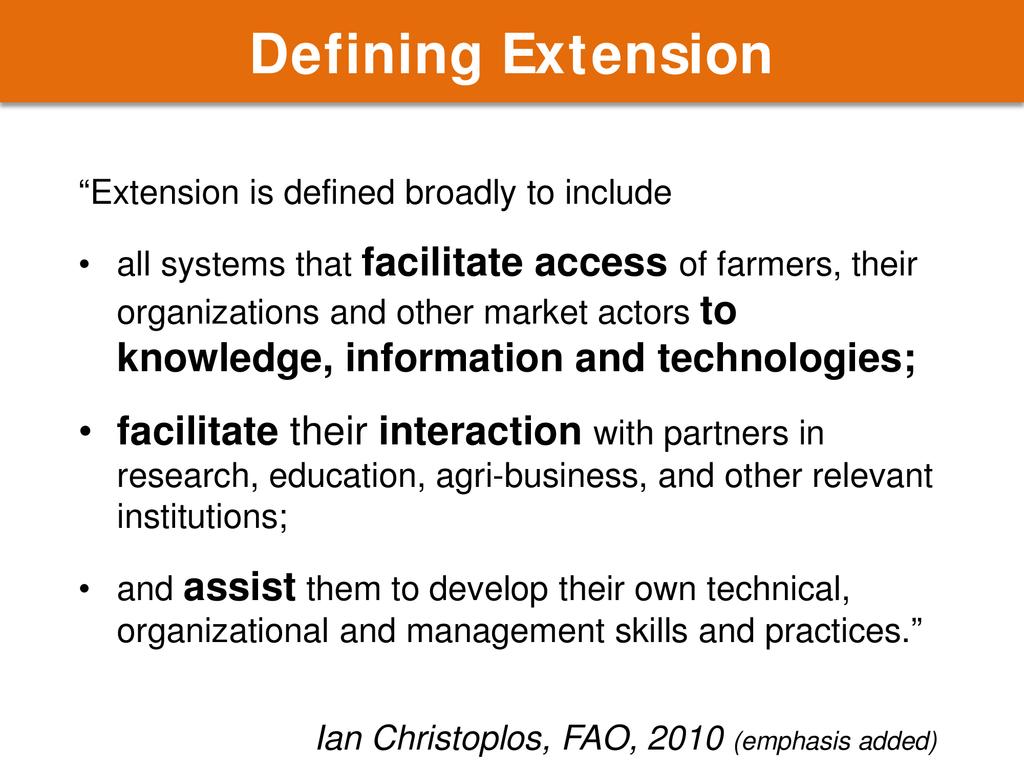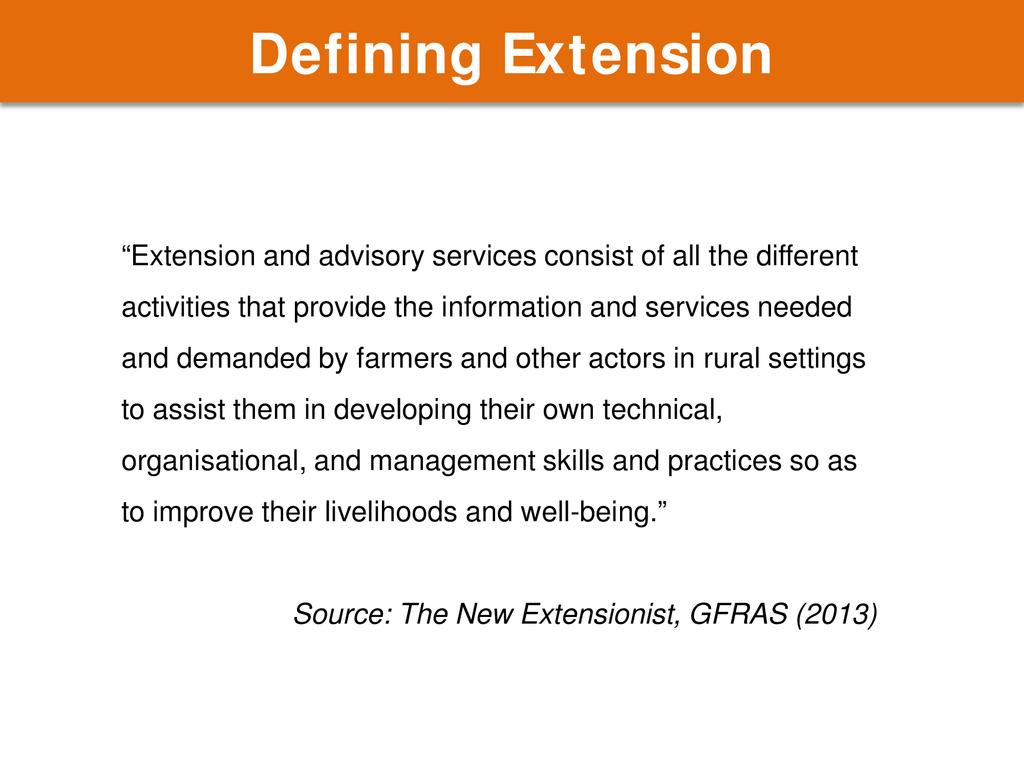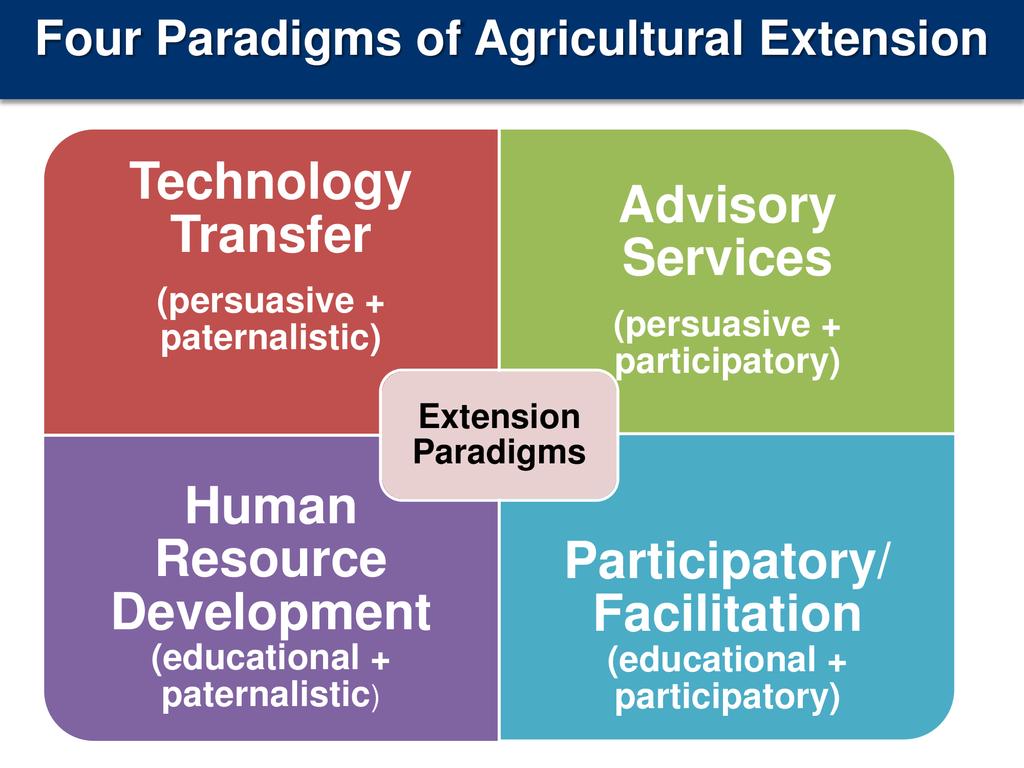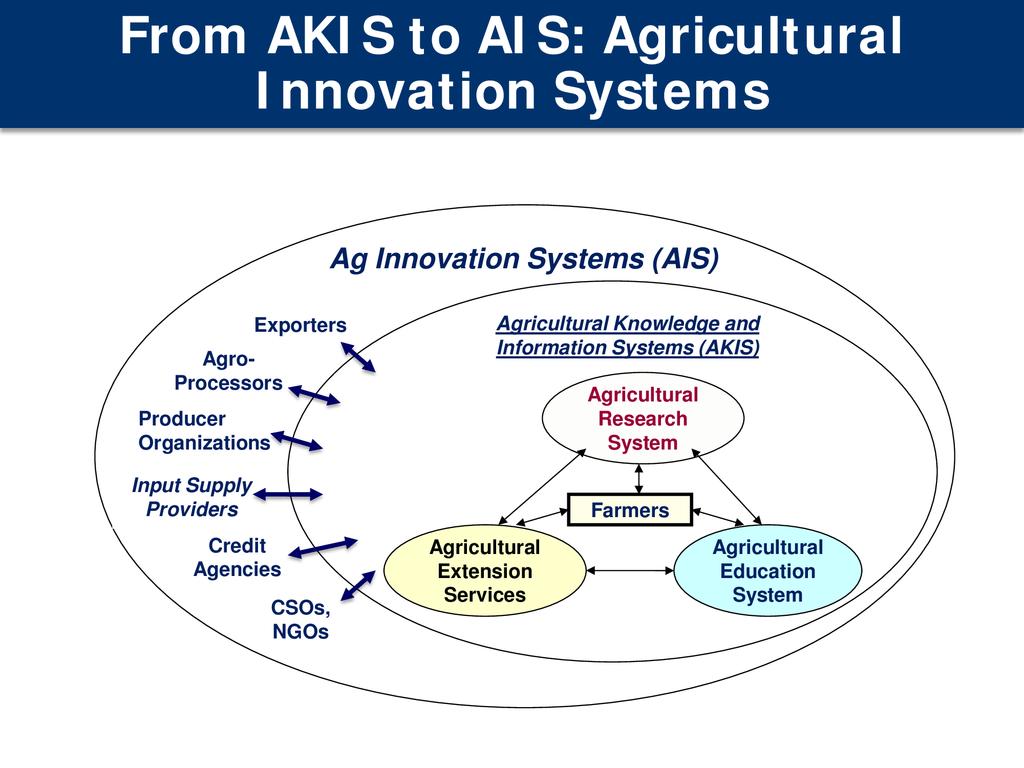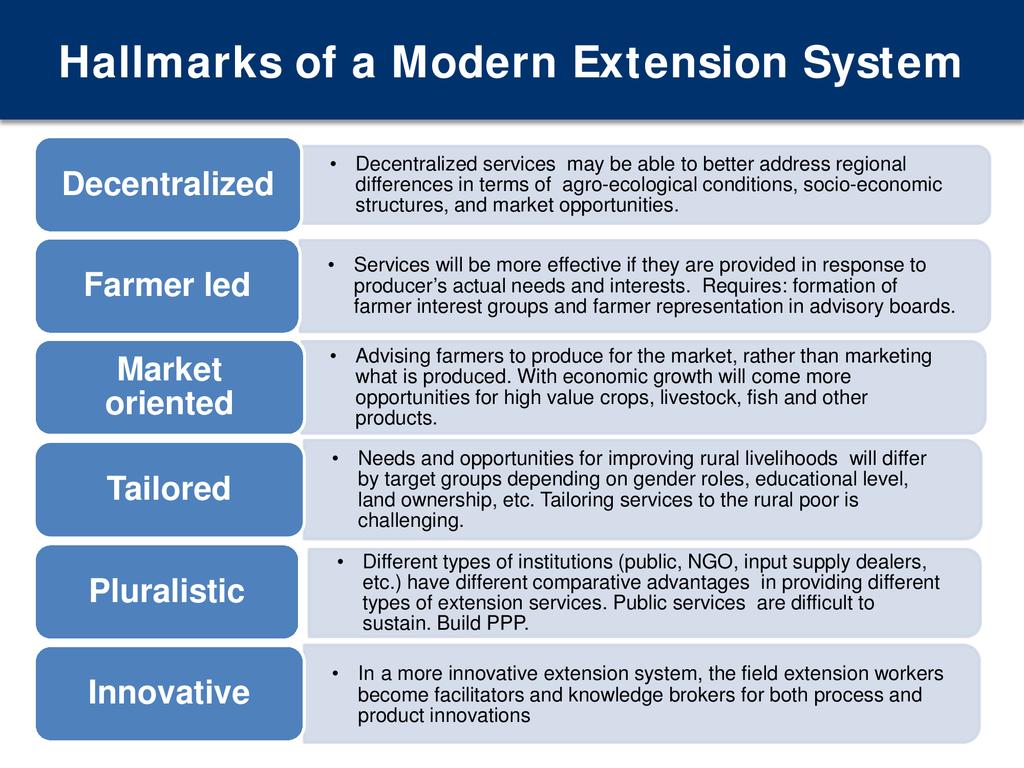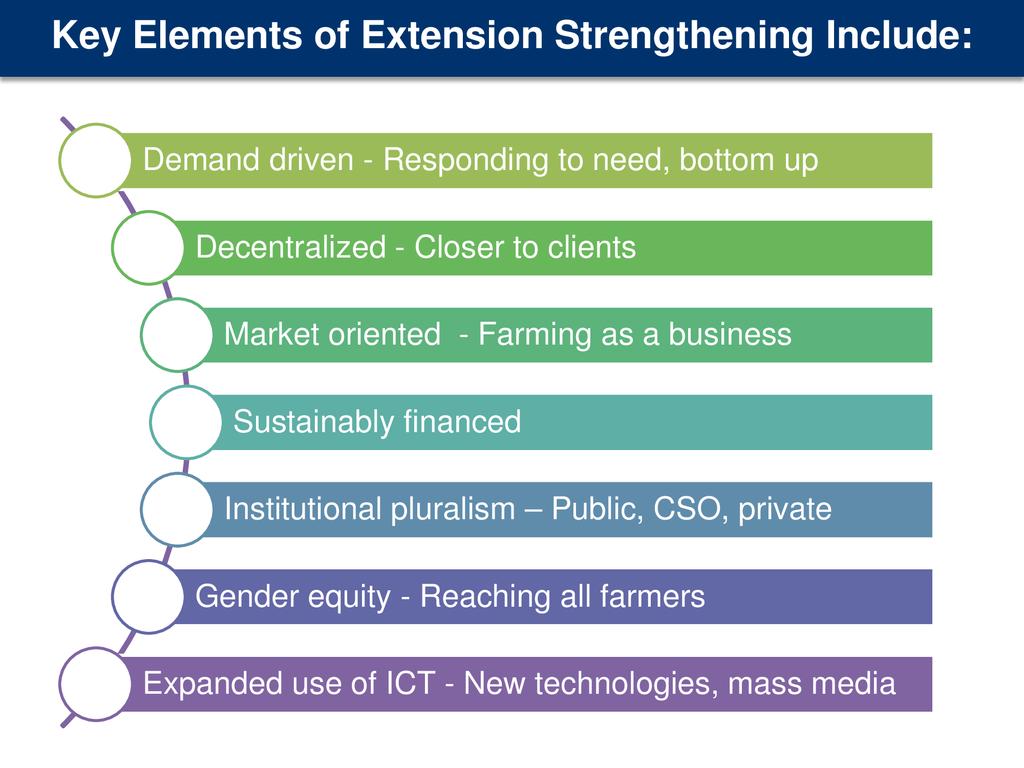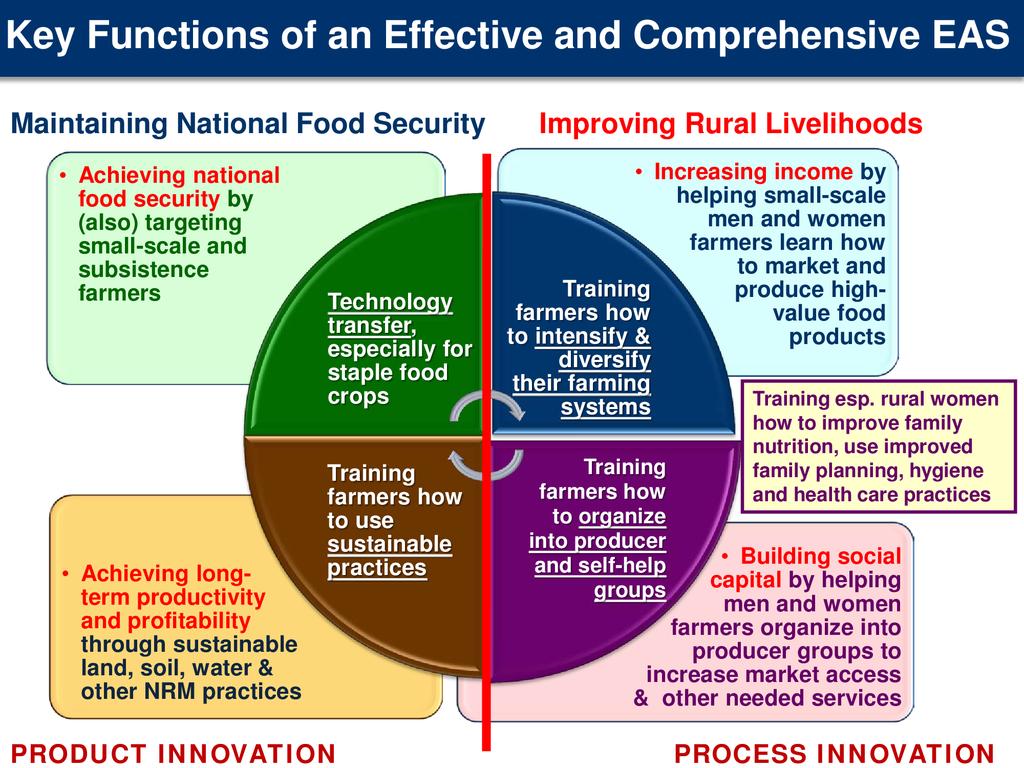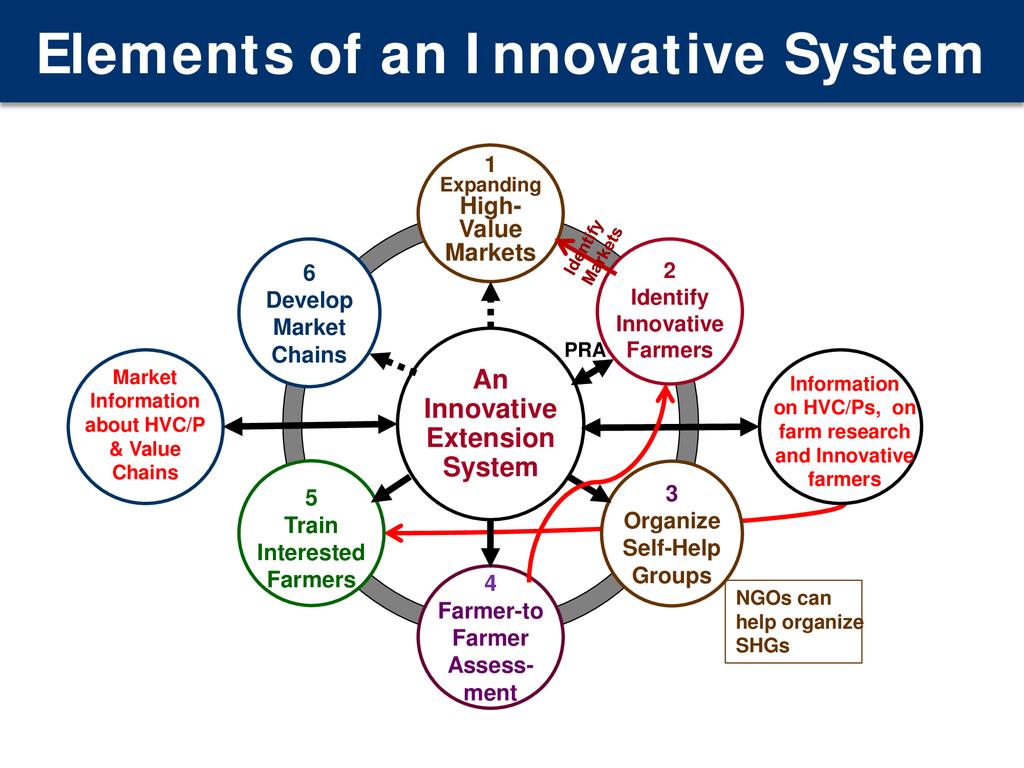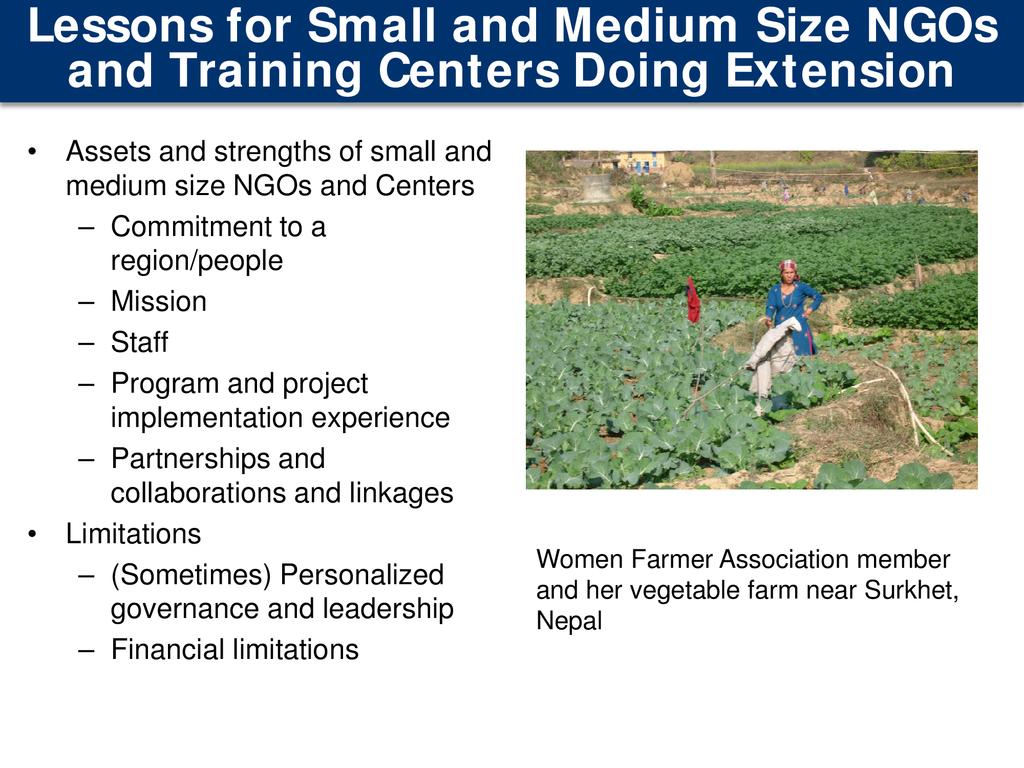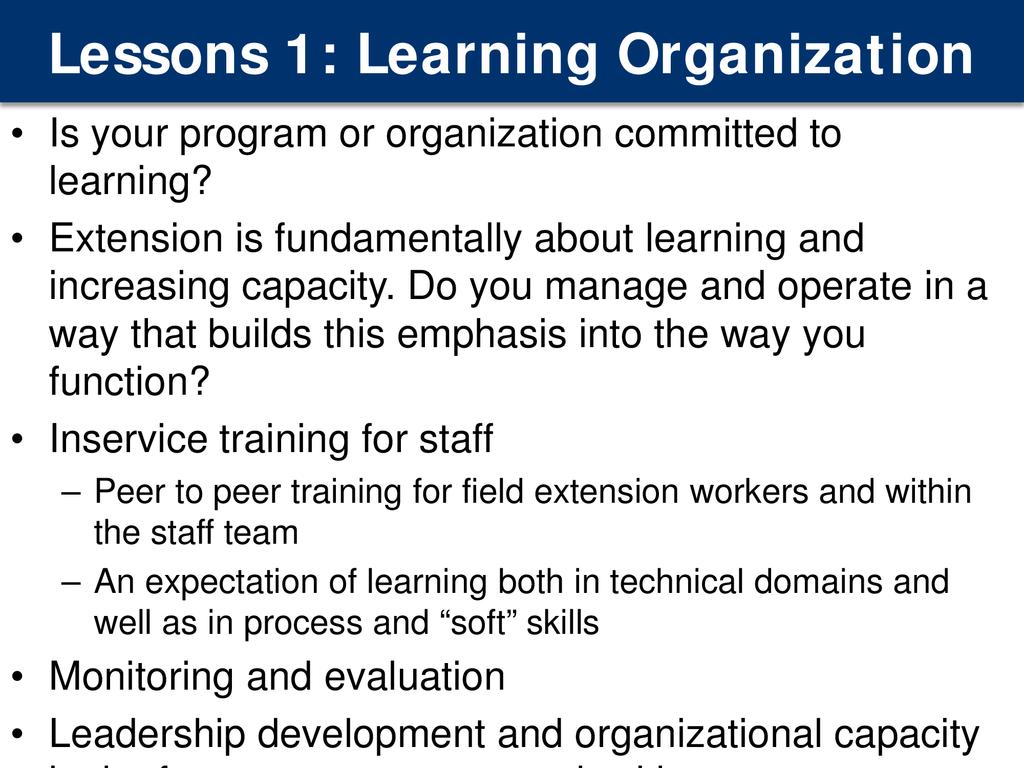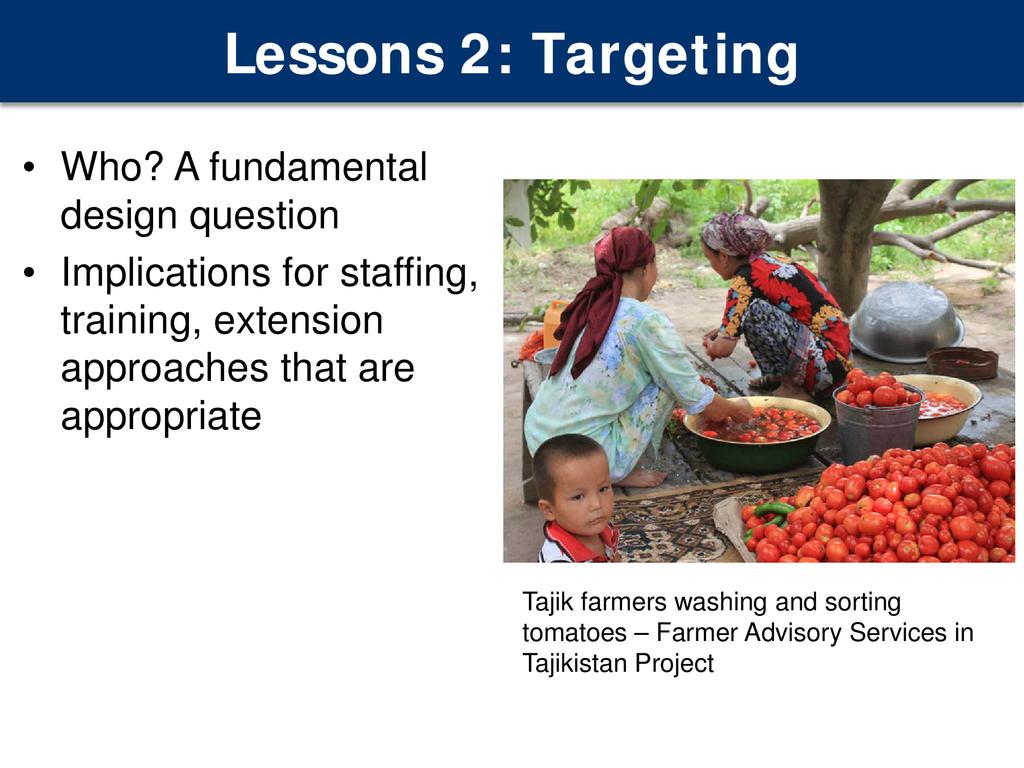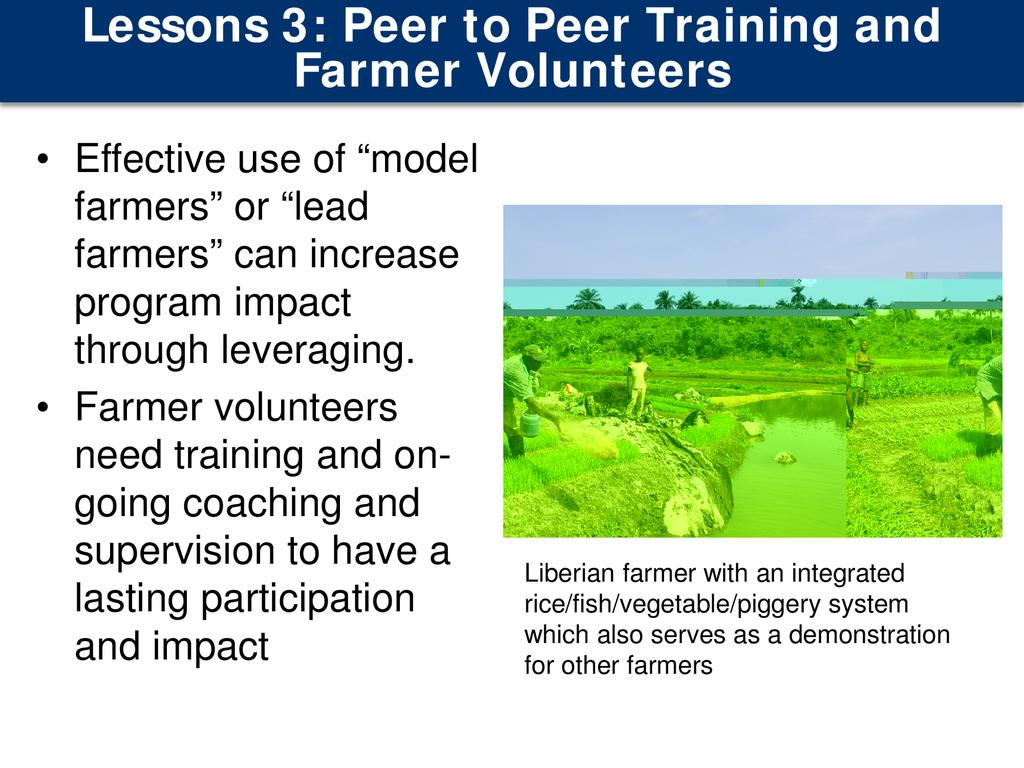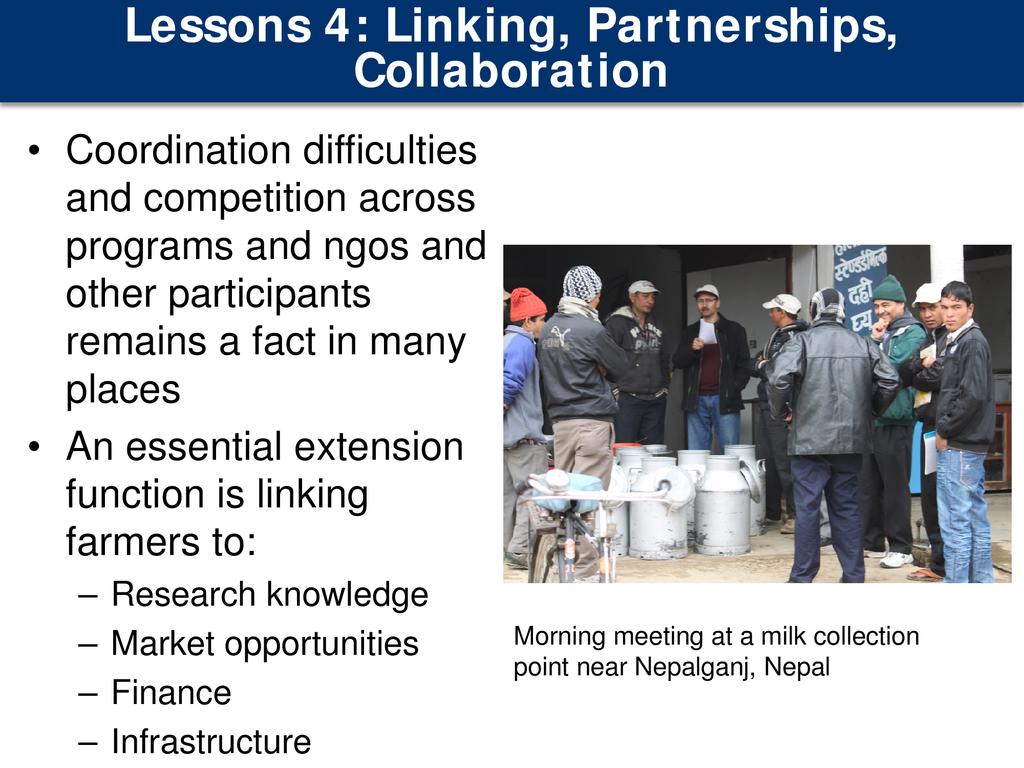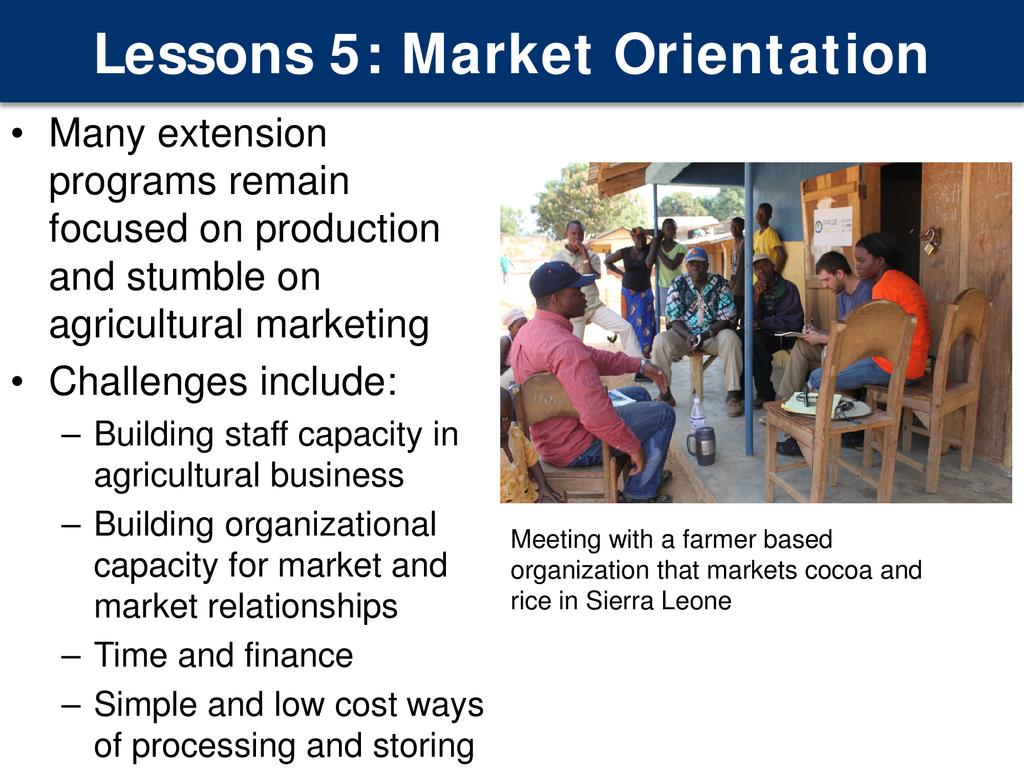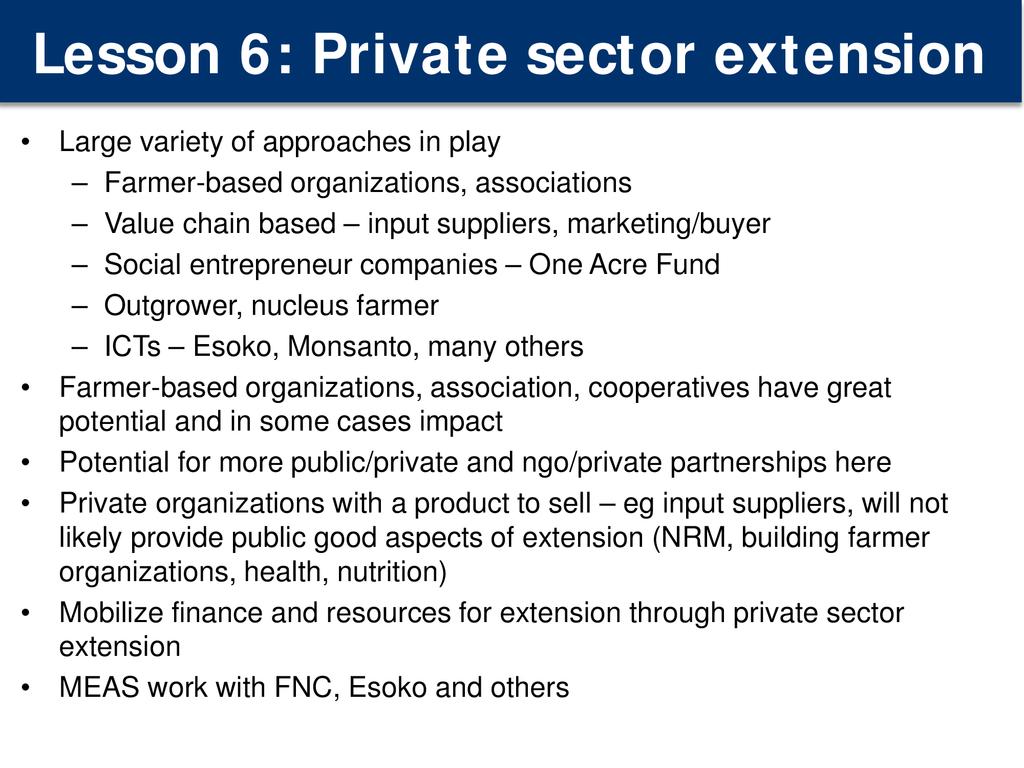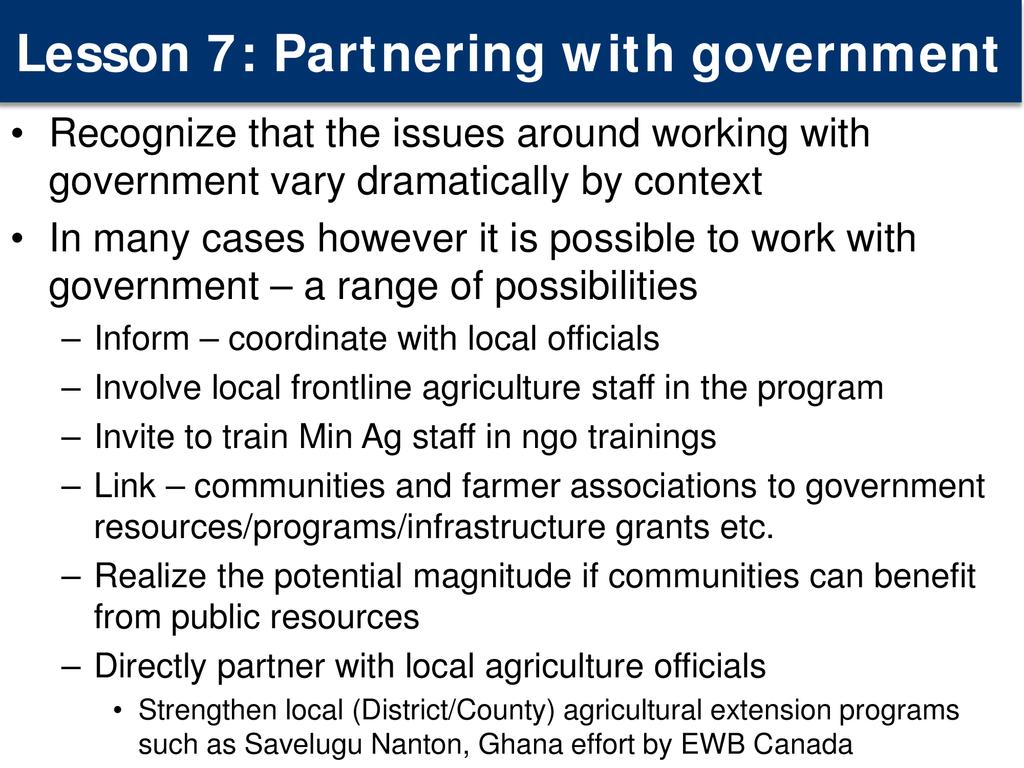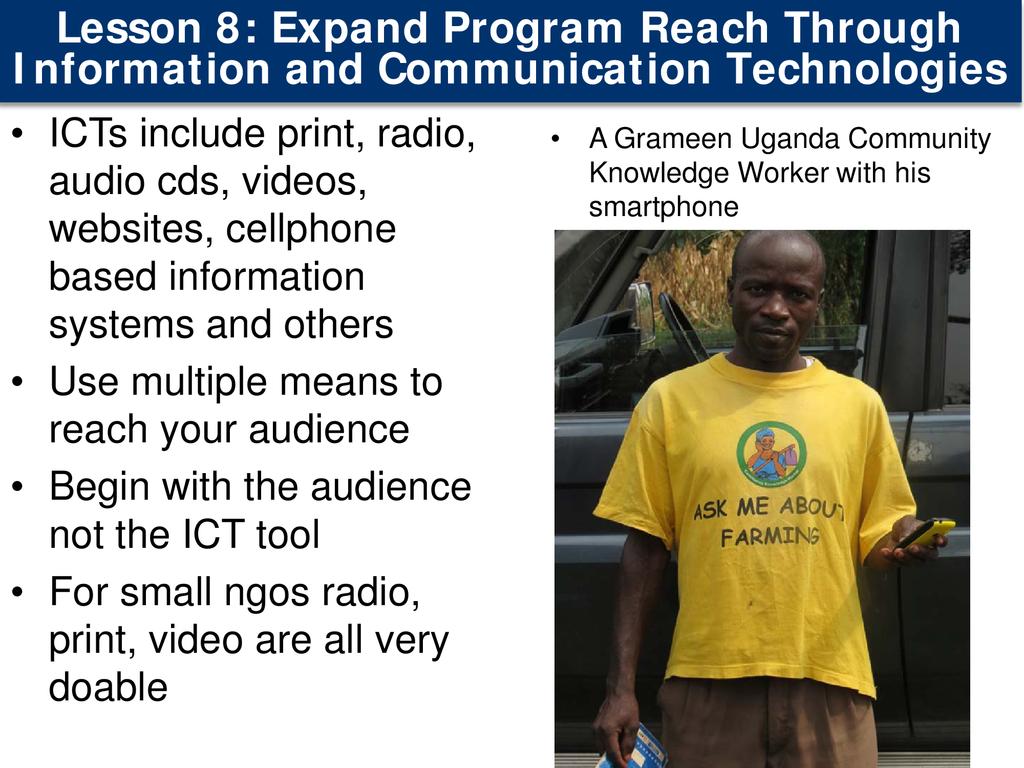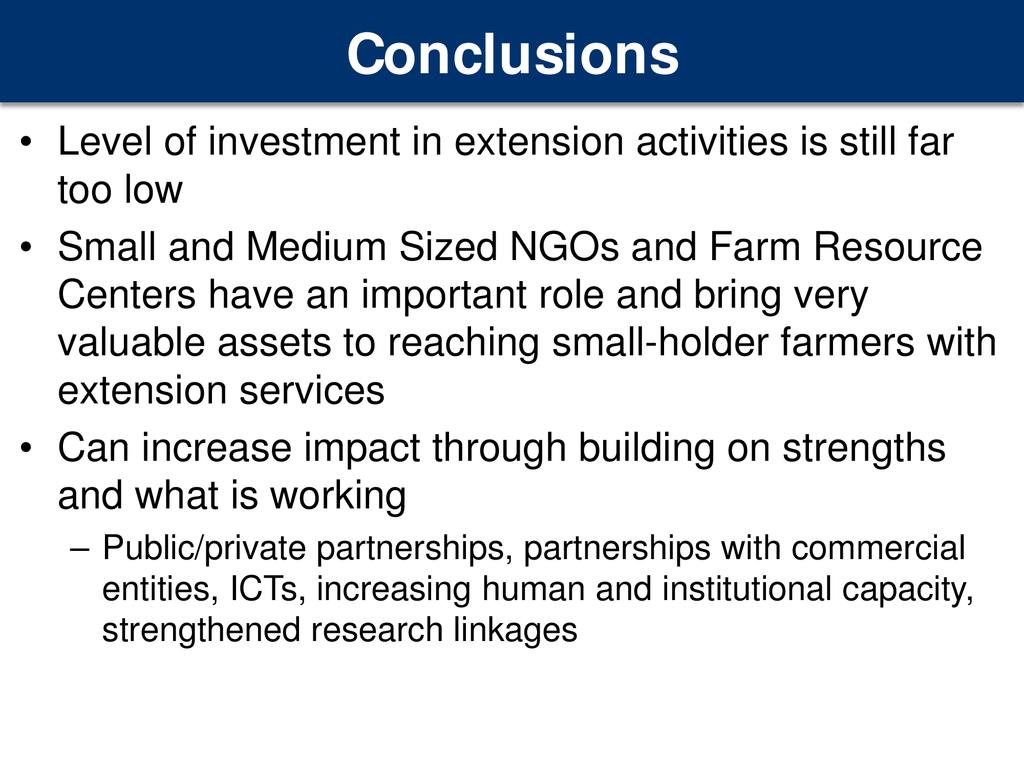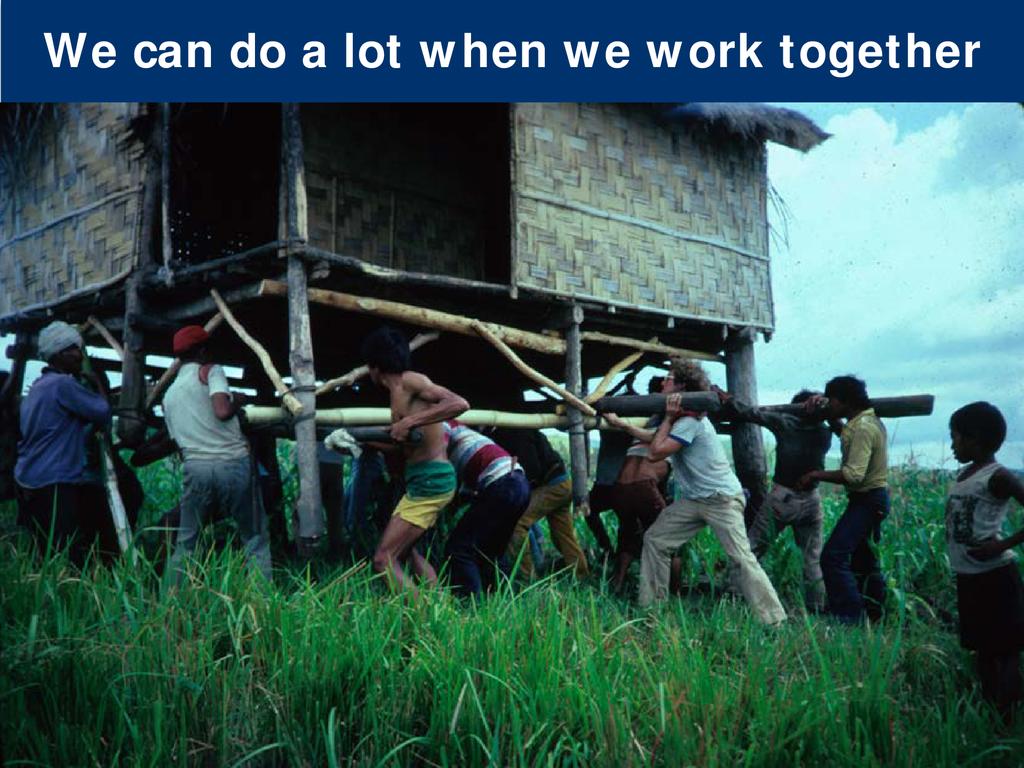Presented By: Paul E. McNamara
Event: ECHO Asia Conference Resources (06 តុលា 2015)
Speaker Bio: Paul E. McNamara is an Associate Professor in the Department of Agricultural and Consumer Economics and the Division of Nutritional Sciences at the University of Illinois at Urbana-Champaign, and he is a Visiting Member of the faculty of Njala University (Sierra Leone). McNamara serves as Director of the USAID-funded Modernizing Extension and Advisory Services (MEAS) Project, which works with its consortium members and other partners to strengthen agricultural and nutrition extension services around the world with a goal of increasing small-holder economic and food security. He also serves as Principal Investigator for the USAID-funded FAST, SEAS, and INGENAES projects. His research, outreach, and teaching efforts are in the areas of extension, consumer economics, health economics, and agricultural economics and rural development. McNamara holds a Ph.D. from the Department of Applied Economics at the University of Minnesota and he holds an M.P.P. from the Harvard Kennedy School. He received his B.A. in Economics from Wheaton College (Illinois). Since 1982, McNamara has been involved in international development activities. He has worked in The Gambia, the Philippines, India, Uganda, Sierra Leone, Liberia, Ghana, Nepal, Mexico, Honduras, Tajikistan, Republic of Georgia, and other countries in the context of international development, research, education, and business.
Abstract: Maintaining and increasing the strength and impact of our work is a basic challenge for agricultural extension programs. What are good examples of some of the extension efforts having sustained impact to increase food security and reduce rural poverty in the global South? This talk reviews the experience of the Modernizing Extension and Advisory Services Project, a USAID-funded effort led by the University of Illinois, to strengthen agricultural extension services, especially in parts of South and Southeast Asia, as well as Sub-Saharan Africa and Latin America. The session will present lessons learned concerning high impact agricultural extension programs.

